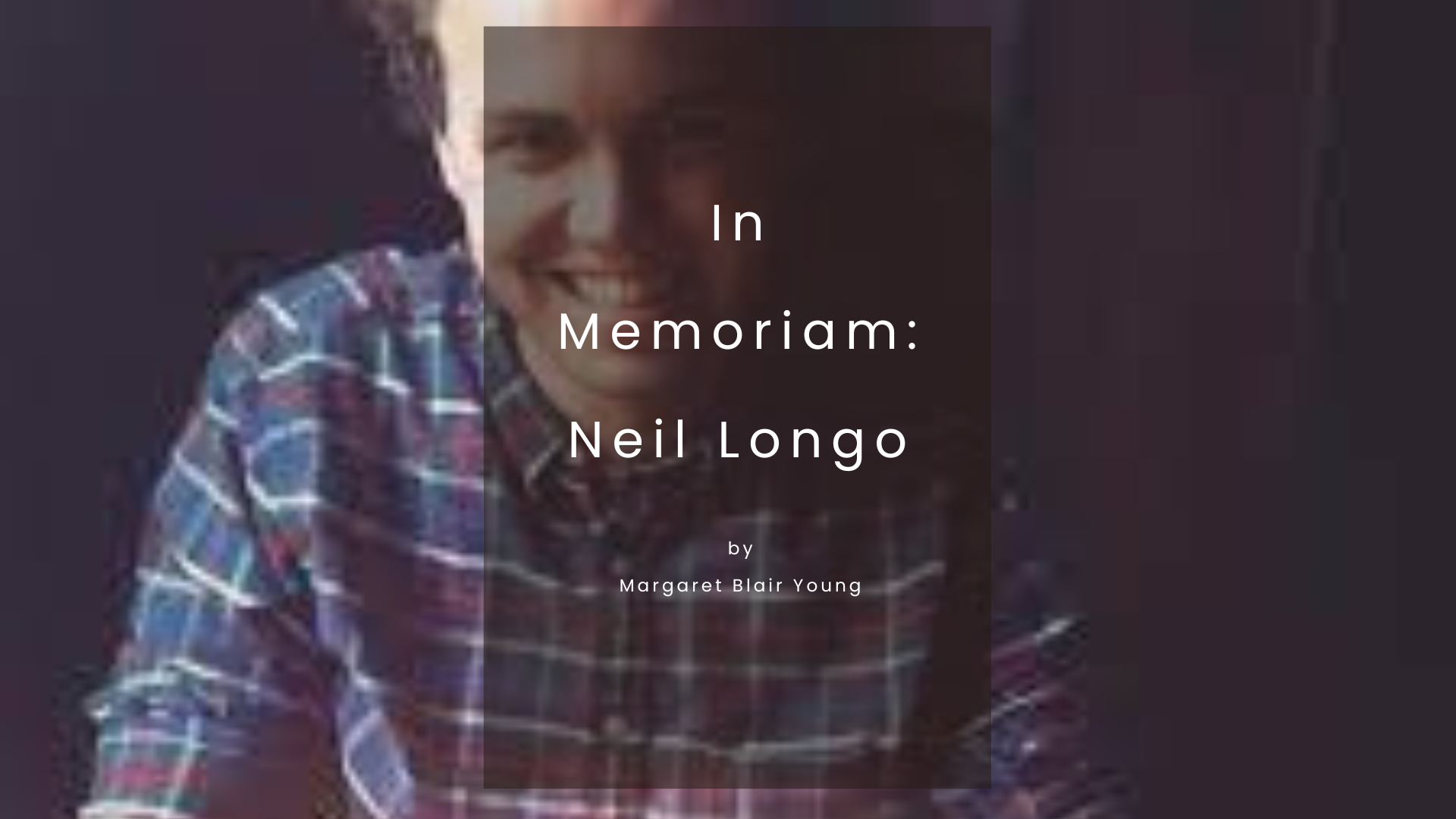Articles/Essays – Volume 51, No. 2
In Memoriam: Neil Longo
Neil Longo, a lover of nature and of thought, ended his life on November 29, 2017. He was my student five years earlier and kept in touch with me. I had picked up hints of his depression but was stunned by the news of his death.
Neil took life’s journeys passionately and eagerly. He hiked mountains enthusiastically and cherished every view his hikes gave him. He always wanted more of everything, and sometimes before others thought he was ready. He wrote a memoir for me titled Unendowed. It might seem strange for a nineteen-year-old to write his memoir, but it was not strange to Neil. Unendowed was the story of his conversion to Mormonism and his bold declaration that he, though yet a teenager, was ready for the temple endowment even though his bishop thought him too young. His sojourn into Mormonism was as passionate as everything else he did, but it also had an early end. He had left the church by the time of his death.
Whenever we hear of the suicide of someone we care about, we ask ourselves if there wasn’t something we could have done or said to prevent it. Sometimes, we try to identify a unique reason for their final decision, which can somehow protect us from responsibility or from fear that someone else we know might do it. These are our impulses, but they do nothing to resolve the real questions.
How could such a deep-thinking, life-loving man end his own life? How do we continue with the reality of his death as a part of our own life’s context?
I have no answers except that we do continue, and we can’t understand the pain that would lead someone to suicide.
I do wonder, though, if there was not only pain for Neil but yearning for a new experience—something he was far too young to enter? There is some hint of this in Neil’s writing, though the words hardly explain his death. Nonetheless, let them stand as Neil’s own epitaph:
We have an inherent sense that we are incomplete. There are holes in our lives that we frantically try to fill. We long to be back with our Heavenly Father. Joseph longed to be back with Alvin. Brigham longed to be with Joseph. I long to be with all those I have loved and lost. Our sense of longing is what propels us to challenge death itself as Mormonism as a combined movement tears through the veils that bind us and into an earthly Zion. Thus the Zion of Mormonism exists not only in the building of grand temples and the coming of an embodied Savior, but also the emotionally welling and overflowing as we see those we love back and more alive than ever before. Mormonism seeks to conquer death in all of its forms. It looks evil in the eye and boldly reclaims life, death, love, and heaven. Death cannot conquer that prophet, or any other, again.


 Back to full Issue
Back to full Issue

